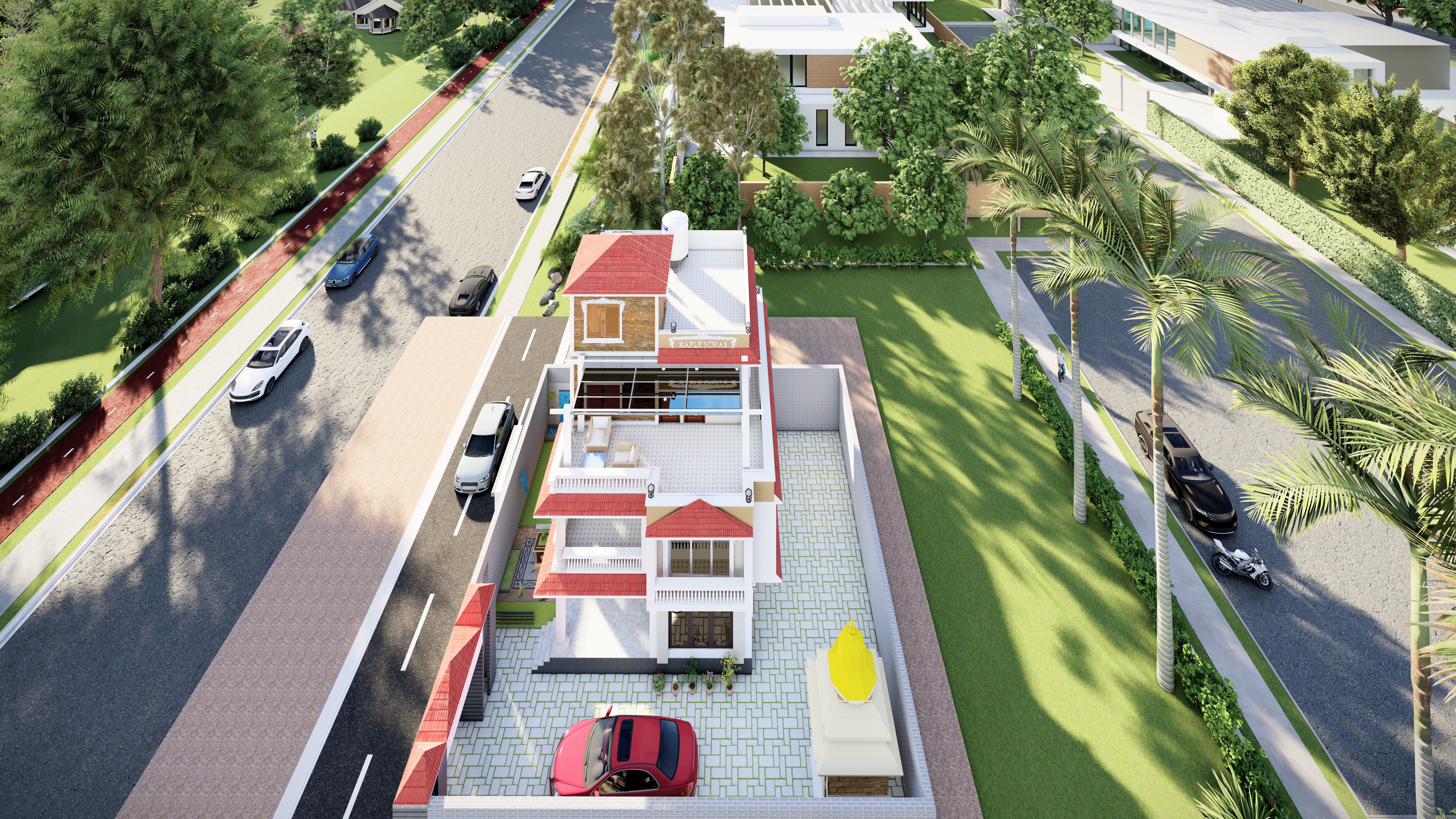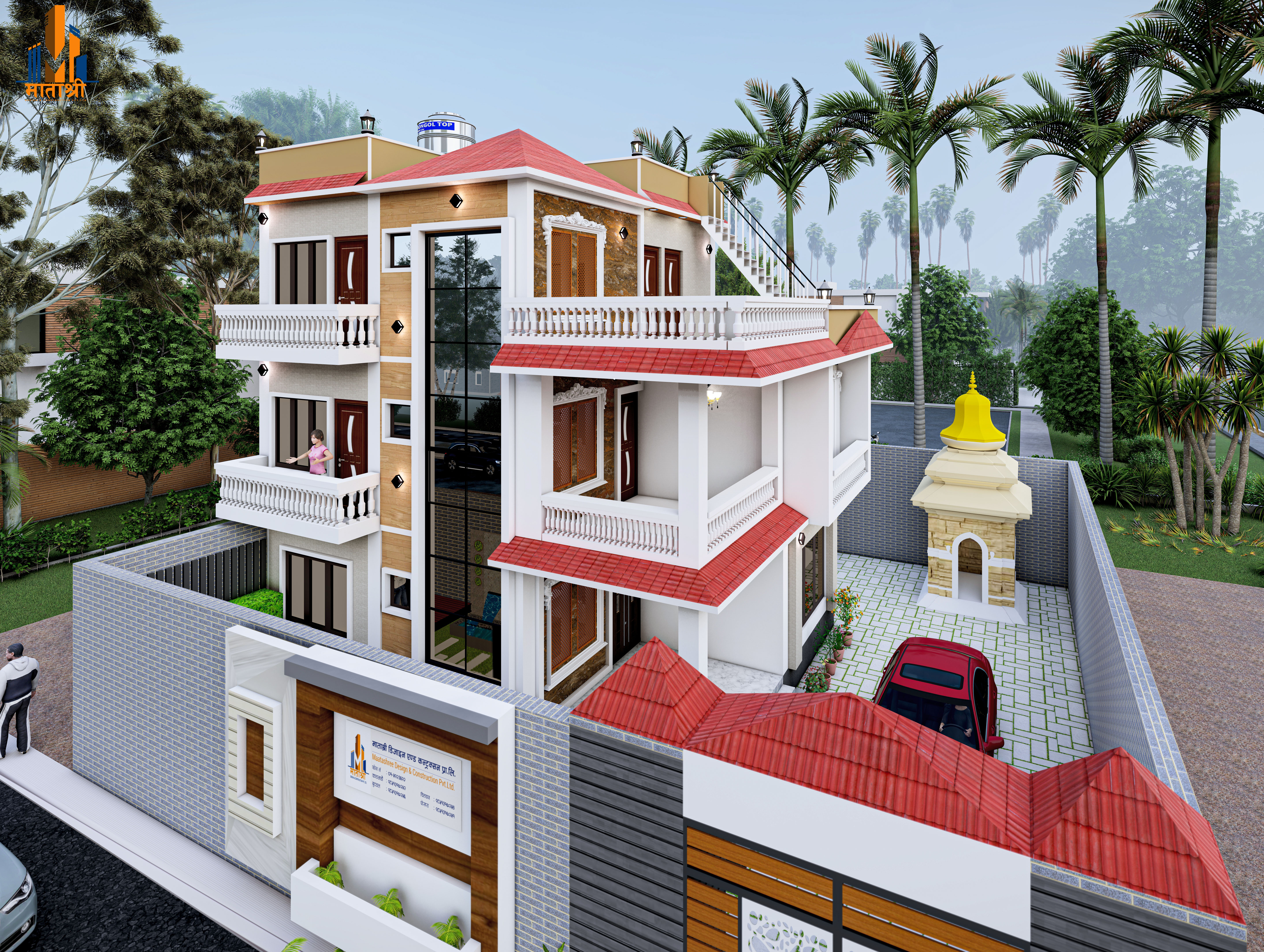
Who Needs to Understand the Construction Timeline in Nepal?
Anyone planning to build a house — whether it’s a small 1-storey home or a 3-storey family house — needs to understand how long the construction process actually takes. This includes: First-time homeowners Returnee migrants planning home investment Families budgeting with EMI or bank loans Anyone frustrated with delayed contractors Having a clear construction timeline helps in cost control, planning, and avoiding emotional stress during building.
What Is a Standard House Construction Timeline in Nepal?
In general, a typical 1 to 2.5-storey RCC house (approx. 1000–1200 sq.ft per floor) takes 6 to 12 months to complete — if professionally managed. Here’s a general timeline breakdown:
| Phase | Duration |
|---|---|
| Soil Test & Map Approval | 1–2 weeks |
| BOQ & Contractor Finalization | 1 week |
| Site Preparation & Excavation | 1 week |
| Foundation Work | 2–3 weeks |
| RCC Structure (Slabs/Beams) | 1.5–2 months |
| Brickwork & Plastering | 1–1.5 months |
| Plumbing & Electrical | 2–3 weeks |
| Flooring & Tile Work | 2 weeks |
| Painting & Finishing | 3–4 weeks |
| Final Touches & Handover | 1 week |
Total Time (Ideal Conditions): 5.5 – 8 months In reality, delays can extend this to 9–12 months, especially if there is: Lack of supervision Weather issues (rain, winter) Material unavailability Client indecision during finishing
When Is the Best Time to Start Construction in Nepal?
The post-monsoon season (September to April) is ideal for starting construction. Starting in mid-winter or monsoon often causes: Delays in curing and concreting Difficulty in site logistics Increased moisture-related issues Reduced workforce availability (due to festivals)
Where Do Most Delays Happen in House Construction?
The most common delays occur during: Foundation Work – due to soil problems or changes in plan Roof Slab Casting – when curing is not scheduled properly Finishing Phase – due to indecision in tile, paint, or kitchen selections Material Shortage – if not planned in advance Using a BOQ with a construction schedule helps prevent these time losses.
Why Do Many House Projects in Nepal Take Longer Than Promised?
Most delays happen because of: No proper BOQ or schedule Relying on verbal promises from local contractors Frequent design changes during execution Poor site supervision Rushed decisions on materials and finishing This is why professional companies use timeline tracking, weekly updates, and on-site engineers to make sure things run on time.
How Can You Keep Your House Construction on Schedule in Nepal?
To finish your house on time: Start with a complete BOQ and get your budget right Fix your design and layout 100% before starting Work with professionals who follow a clear timeline Avoid changing material decisions mid-way Use a construction contract with fixed milestones Track weekly progress and keep communication open Have a 10% time buffer for unforeseen issues
Choosing a BOQ-based company like Mata Shree ensures timeline discipline, material coordination, and on-site supervision — the three biggest reasons projects succeed or fail.
Latest News & Insights

September 22, 2025
BOQ vs. Sq.ft – Which is Better?
Who Needs to Know the Difference Between BOQ and Sq.ft Models? Anyone building a house in Nepal — whether...
September 19, 2025








